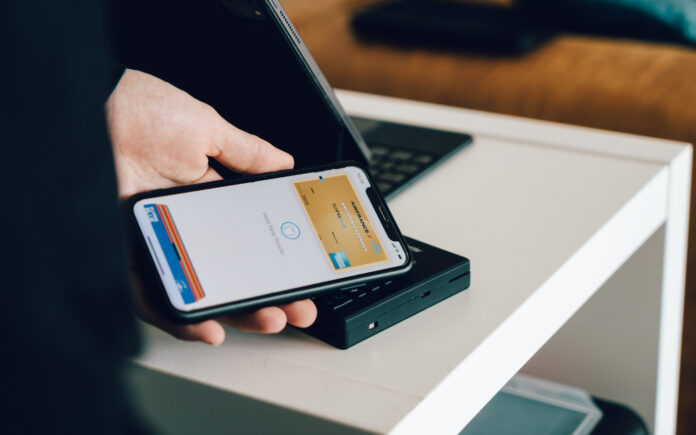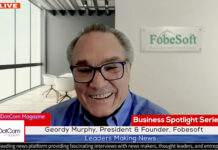In a study on touchless technology from the University College Dublin, researchers observed how the COVID-19 pandemic accelerated the use of touchless technology due to hygiene requirements. Touchless technology, or Zero User Interface, was initially a concept that was previously associated with luxury. However, concerns over shared touchscreens have increased the use of smart devices and sensors to enable user interactions through voice, gestures, eye tracking, biometrics, and hand interactions.
As previously mentioned in our post called ‘How To Properly Clean Your Office During The COVID Pandemic’, the virus left an unparalleled influence on how we live and work. Given how the virus can easily infect people who come into contact with contaminated surfaces, it’s essential to clean and disinfect these areas regularly. Touchless technologies are the safer, more efficient choice for the future. Here are three contact-free products that we can expect to see more of:
Smart locks
Designed with Bluetooth and Wi-Fi capabilities, smart locks are unlocked by your phone when you approach the door. These are made so that you can easily switch out existing deadbolt locks, and they’re handy if your arms are full carrying packages. Often, smart locks come with a remote-control app so you can open the door for someone else if you’re far away and there’s an emergency. Most models also offer physical keys or numeric keypads so you have a backup if you don’t have an access-enabled smartphone with you.
We will soon see more of these smart locks in the hospitality sector. The mobile keys from FLEXIPASS showcase how smart locks can enable self-check-in and keyless guest entry. Using these fully-encrypted and secure Bluetooth technology, FLEXIPASS lets guests access the front door and individual rooms on their own. This helps travelers feel more comfortable when staying in an establishment, because they eliminate the need for staff interaction and they still have traditional physical hotel keys to fall back on.
Digital business cards
Over the past two years, there has been a massive push to make everything digital. From weddings to medical check-ups, virtual options abound — incorporating technology into our daily routines and practices. Now, even exchanging business cards has a high-tech spin to it. It’s likely that the digital business cards by Doorway will be part of the new normal. As 88% of paper business cards are thrown away without the information on them being saved. Doorway solves the problem by letting you scan a QR code to save contacts directly on your phone, even without an app or an internet connection. This is also much more sustainable, considering six million trees are cut down each year for paper business card production.
With digital business cards, scanning a QR code will lead to a customized calling card that has no space constraints. In addition to the standard contact details, you can even add photos, logos, and more. And digital business cards are flexible for both online and offline use. You can simply flash your personal QR code on a screen or send it via email, text, and social media; the recipient can then scan the code and get instant access to the card. Then, when in-person gatherings resume, you have a networking tool that requires minimal physical contact.
No-touch menus
Based on a report from link management service Bitly, QR code downloads have increased over the past few years by 750% — mostly by restaurants facilitating touchless services, who have also found that no-touch menus are more valuable than previously realized. Those in the food and beverage sector can easily adjust their menu offerings online, editing in real-time to account for price fluctuations and availability.
Point-of-sale service Toast, for instance, even pushes the idea further by including scannable QR codes, which directs customers to a link so they can order and pay on their phones. The trend of scanning QR for menus will likely stick around, as no-touch menus also saves restaurants money from printing disposable menus – a great option for more eco-minded consumers.
For more information on the latest trends do read our other articles on DotCom Magazine.

















